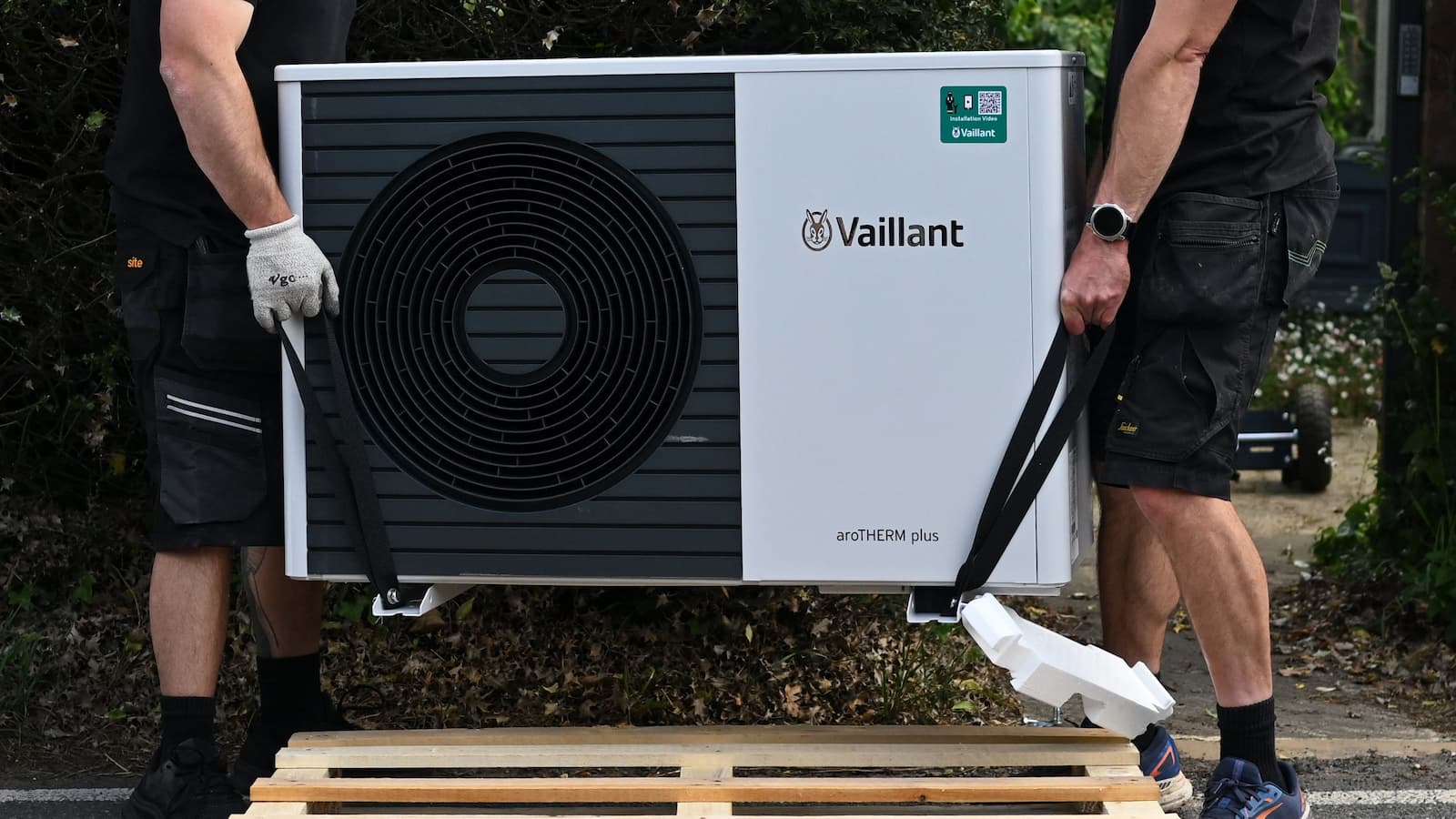Is the government about to cut the Boiler Upgrade Scheme? Government in talks to reduce green house levies
The £7,500 heat pump grant could be in danger as the Treasury looks at cutting grants that help to bring down household bills

Bring your dream home to life with expert advice, how to guides and design inspiration. Sign up for our newsletter and get two free tickets to a Homebuilding & Renovating Show near you.
You are now subscribed
Your newsletter sign-up was successful
The government’s flagship Boiler Upgrade Scheme, which offers grants of up to £7,500 for homeowners to install heat pumps, is under review.
Treasury officials are exploring ways to ease pressure on energy bills, and funding for low-carbon heating may be one of the areas affected.
The Department for Energy Security and Net Zero insists there are no plans to end the scheme, but industry insiders warn that changes could still be coming.
How the Boiler Upgrade Scheme currently works?
The Boiler Upgrade Scheme (BUS) gives property owners in England and Wales grants of up to £7,500 to install an air-source or ground-source heat pump, or £5,000 for a biomass boiler.
The scheme was created to help reduce emissions and cut long-term heating costs. Government records show it is due to run until December 2027 through the wider £13 billion Warm Homes Plan, which was announced earlier this year.
A spokesperson for the Department for Energy Security and Net Zero said in a recent statement: “There are no plans to end the Boiler Upgrade Scheme. We remain committed to supporting households to move to clean, affordable heating.”
Despite this assurance, officials accept that the Treasury’s review of energy levies could have knock-on effects on how the programme is funded.
Bring your dream home to life with expert advice, how to guides and design inspiration. Sign up for our newsletter and get two free tickets to a Homebuilding & Renovating Show near you.
Why the scheme may be under threat

Reports in the Telegraph suggest that Chancellor Rachel Reeves is under pressure to deliver savings of around £170 per household by reducing or repurposing green levies that fund retrofit schemes.
A senior Whitehall source quoted by the Telegraph said the Treasury wants the Energy Department to cover part of those savings but that “DESNZ have said no.”
Energy companies and environmental groups have voiced concern that such cuts would be short-sighted.
Keith Anderson, chief executive of Scottish Power, said this week that “every cost in the energy sector ends up on bills,” and warned against stripping funds from programmes that make homes cheaper to heat in the long run.
At the same time, Parliament’s Environment and Climate Change Committee has criticised the Boiler Upgrade Scheme for “failing to deliver” on its original targets. Uptake has been low, with many households citing high upfront costs even after grants are applied.
What can happen next?
If the Treasury decides to redirect some of the money currently used for green levies, the Boiler Upgrade Scheme could face changes in scope or scale.
The government might reduce the number of grants issued each year or narrow the eligibility criteria. Another possibility is that grant levels remain the same but fewer applications are approved.
Energy UK, which represents suppliers, said “it is vital this level of investment continues” and warned that any rollback could undermine Britain’s clean-heating goals.
Research earlier this year found that 75% of homeowners are unwilling to pay more than £5,000 for a heat pump, meaning that the current grant level is often the deciding factor in whether people switch.
For now, the scheme remains open and fully funded. But with the Budget approaching, both ministers and the industry accept that the balance between short-term bill cuts and long-term net-zero commitments is under review.

News Editor Joseph has previously written for Today’s Media and Chambers & Partners, focusing on news for conveyancers and industry professionals. Joseph has just started his own self build project, building his own home on his family’s farm with planning permission for a timber frame, three-bedroom house in a one-acre field. The foundation work has already begun and he hopes to have the home built in the next year. Prior to this he renovated his family's home as well as doing several DIY projects, including installing a shower, building sheds, and livestock fences and shelters for the farm’s animals. Outside of homebuilding, Joseph loves rugby and has written for Rugby World, the world’s largest rugby magazine.
